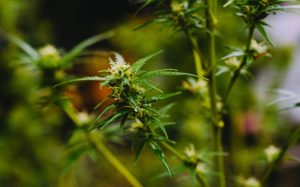“Back in the day” … before marijuana was legalized in Colorado, those who smoked it had little option but to buy their cannabis off the street, in those little baggies. Where it came from and what was really in it was many times a mystery. With marijuana being such an “in demand” type of product, little care was taken as to how it was grown, what fertilizers and pesticides were being used. When you purchased it, you didn’t have the option of asking for Indica, Sativa or a Hybird, Willie’s Reserve or Durban Poison. People just took whatever was available. Some of those who sold, may have had better connections then others. But, for the most part, “back in the day”, it was “Caveat emptor” or “let the buyer beware”.
It was in 2014 when recreational cannabis was legalized in Colorado that legislators started to investigate what really was in marijuana as it was grown. But it wasn’t until 2018 until Colorado required a mandatory testing.
As of February 1, 2020, there are seven testing labs have been certified for testing in all current requirements:
- Potency testing
- Microbial (bacteria, fungus)
- Residual solvents
- Metals
- Pesticides
- Mycotoxins (toxins produced by mold)
The newest Colorado testing requirement which became law on January 1, 2020 is for heavy metals. Labs now have the capability to test for heavy metals such as cadmium, arsenic and nickel, which are used in certain growing nutrients and can be harmful if combusted and inhaled.
Based on the current testing requirements the products that are sold in local Colorado dispensaries are much safer than what people were buying on the street prior to the legalization in 2014. But the question remains, are pesticides still used in the growing process? The answer is yes.
As of today, the list of approved and legal pesticides which can be used in Colorado cannabis grow facilities exceeds 350. It’s not saying that all 350+ pesticides are in the cannabis products you use, but it’s safe to say some are. It’s the same as if you went to the market and picked up some vegetables. Most have been grown using some form of pesticides and some have not. Those which were not are designated as organic.
Here’s where the confusion comes in. The federal government won’t certify any marijuana as organic because it remains a Schedule 1 controlled substance and is illegal at the federal level. So, anything marketed as “organic” marijuana, maybe to some degree, pesticide free or maybe not. Now, there are strains that may be “more organic” than others. Some producers follow better organic practices than others. The thing to remember is that there is no organization or testing lab in Colorado that verifies that organic marijuana is in fact organic.
There is a certification that only two Colorado dispensaries have, which may be closer to organic than others and this is “Clean Green Certification”. The two Colorado producers that carry the Clean Green Certification are L’Eagle and Maggie’s Farm.
The Clean Green Certification was established in California in 2004 and is certification for the grower-farmer who acts in a legal and respectful manner with his or her surrounding environment. The Clean Green program allows this grower to use a label that stands for legal compliance, consumer quality and environmental stewardship. In order to receive a Clean Green Certification, the grower is inspected in all aspects of the growing process from seed or clone selection, soil, nutrients, pesticides, mold treatments, dust control, and source of electricity, to methods of harvesting and processing. It uses the U.S. Department of Agriculture organic standards and applies them to cannabis cultivation using sustainable, natural and organically based practices. The program helps to separate the quality of the cannabis product from others on the market. This program reduces the environmental impact of cannabis crops, ensures legality, and regulates what chemical go into a consumable product.
The next big question is…If it doesn’t have a Clean Green Certification label is it not organic? The answer is no. Some grow facilities may elect not to go through the process to be Clean Green Certified, but that does not exclude them from considering their products as organic. So, the bottom line is that L’Eagle and Maggie’s Farm have been validated by a third-party as having cultivated clean cannabis. Talk to your local dispensary/budtender and ask about the organic products they carry. What is the confidence level that their product is truly “organic cannabis”? We’ve come a long way from “back in the day” to today, but as things change, they still stay the same. The best advice is still… “Caveat emptor” or “let the buyer beware”.
Sources
https://cleangreencertified.com/
https://www.colorado.gov/pacific/cdphe/inspection-retail-marijuana-testing-facilities

